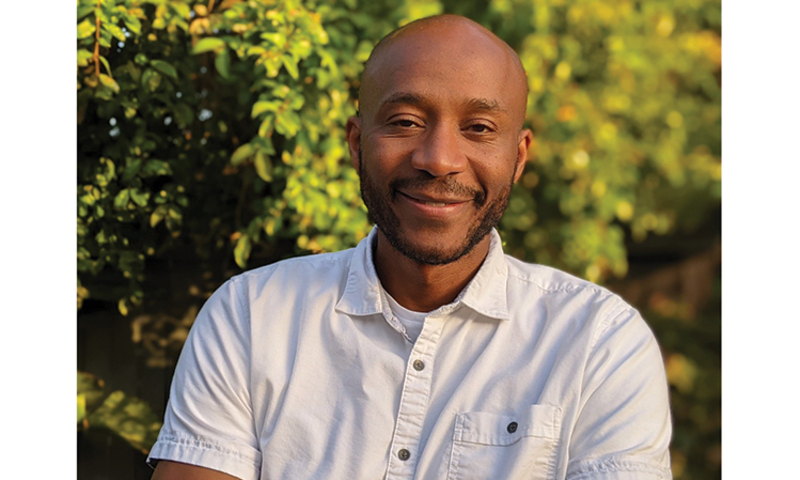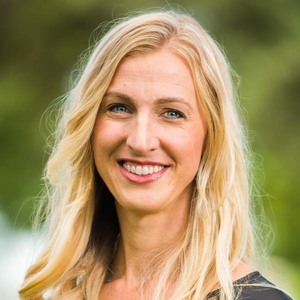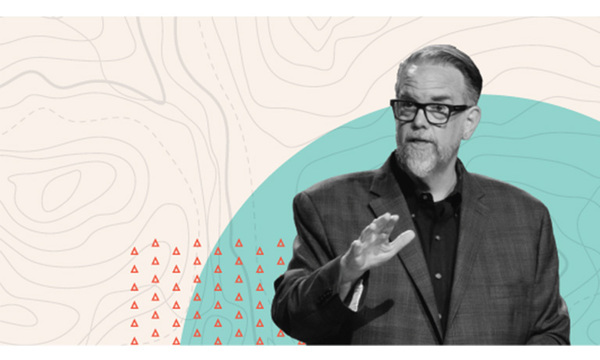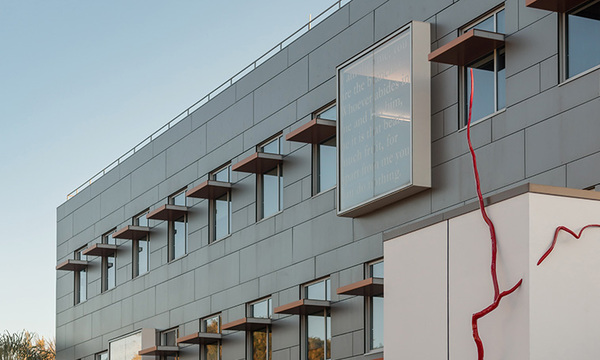Uche Anizor is a theologian who teaches a variety of courses in systematic and historical theology to undergraduate students. His current interests include theological method, the theological interpretation of Scripture and the theology of Colin Gunton. Anizor holds degrees from University of Western Ontario (B.S. in Biology and Environmental Science), The Southern Baptist Theological Seminary (M.Div.), and Wheaton College (Ph.D. in Systematic Theology).
Q: When did you first realize you wanted to be a theologian?
I was doing campus ministry with Campus Crusade for Christ and eventually I hit a wall in terms of how I felt I could help them. So, I decided to go to seminary. The only thing I knew was that I didn’t want to be a pastor. I thought I might go into the mission field and do church planting, or evangelistic ministry. But I did not have a view to education or scholarship, and I didn’t really want to be in front of people teaching. After my first year of seminary, it became clear to me that I love learning and I started to receive encouragement from faculty to do Ph.D. work. I was accepted into a Ph.D. program at Wheaton. The first semester there I met a Biola faculty member through a mutual friend. He showed an interest in me and we kept in touch. It became clear that undergraduate teaching at a place like Biola was a natural fit. I grew to love teaching and being a university professor gave me the opportunity to continue my love of learning.
Q: You recently published a book, "How to Read Theology: Engaging Doctrine Critically and Charitably," which has been very well received and won the Outreach 2019 Resource of the Year (Theology/Biblical Studies). It was even translated into Chinese. Can you tell us briefly what you hope this book inspires in its readers?
The book was birthed during my Ph.D. years. I was reading several theologians outside of the evangelical stream. I knew I needed to be able to say something about them, but did not know how to assess them. When I got to Biola and began teaching systematic theology seminars I would regularly encounter students who ask the same questions: Do I need to value this liberation theology? Why are we reading this theologian? I realized that there was a lack of charity in how students were approaching these texts. My hope in writing this book was that primarily evangelical undergrad and seminary students can interact with these texts both intelligibly and charitably.
Q: How would you summarize the significance of Theological Interpretation of Scripture (TIS) for the life of the church and academy?
Theological interpretation has to do primarily with the question — whose Scripture is the Bible? It’s not the book of the academy — it’s the book of the church. The church has always read the Bible as being about Christ, Christian transformation, and these kinds of issues. For 200 years Christians involved in the academy started to buy into this idea that the Bible is something to be dissected and different than what it actually is. The whole movement toward TIS is reclaiming the Bible for the church and its own purposes. There’s a sense in which evangelicals have always only read the Bible theologically.
Q: How do you help your students integrate theology into their life of discipleship?
I try to get students to think nonreligiously. I think often when Christians talk about sanctification, for example, they think about religious things like reading the Bible and praying more. In addition to these, we should think of God’s desire to transform us in all areas of life (past wounds, self-image, etc.). We must always ask: What is the good news in this particular doctrine? For instance, what is the good news in the doctrine of justification for our sense of perfectionism, or the guilt we feel every day? What is the good news as we seek to be whole persons?
Q: Can you tell us a little bit about your family?
I’ve been married to Melissa for 15 years. She serves at our church, Redemption Hill, as women’s ministry director. We have three kids. Zoe just turned 13. Eli is 11 and Ezra is 8. They’re all doing various kinds of schooling. Two are in private school and one is home schooled. We’ve lived here 11 years — it’s the longest we’ve lived anywhere as a married couple.
Q: What types of activities do you enjoy doing when not teaching or researching?
I love watching soccer, playing sports with my kids, listening to music, making up songs with my kids, watching movies. Normal stuff.
 Biola University
Biola University




.jpg)